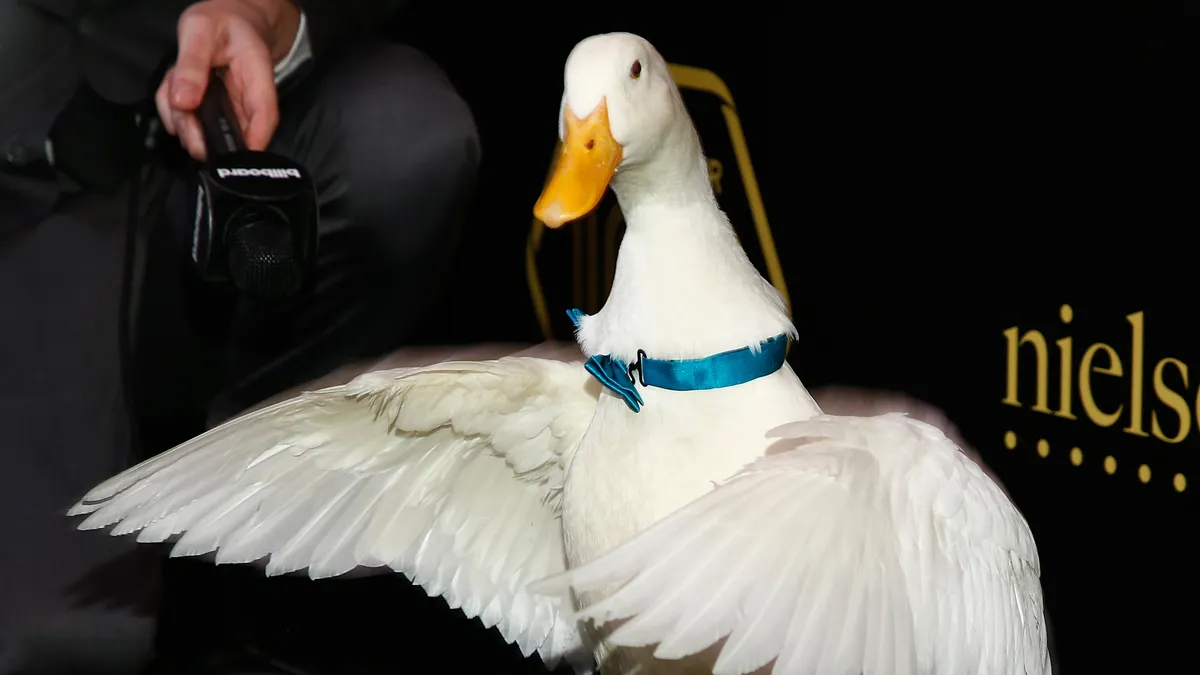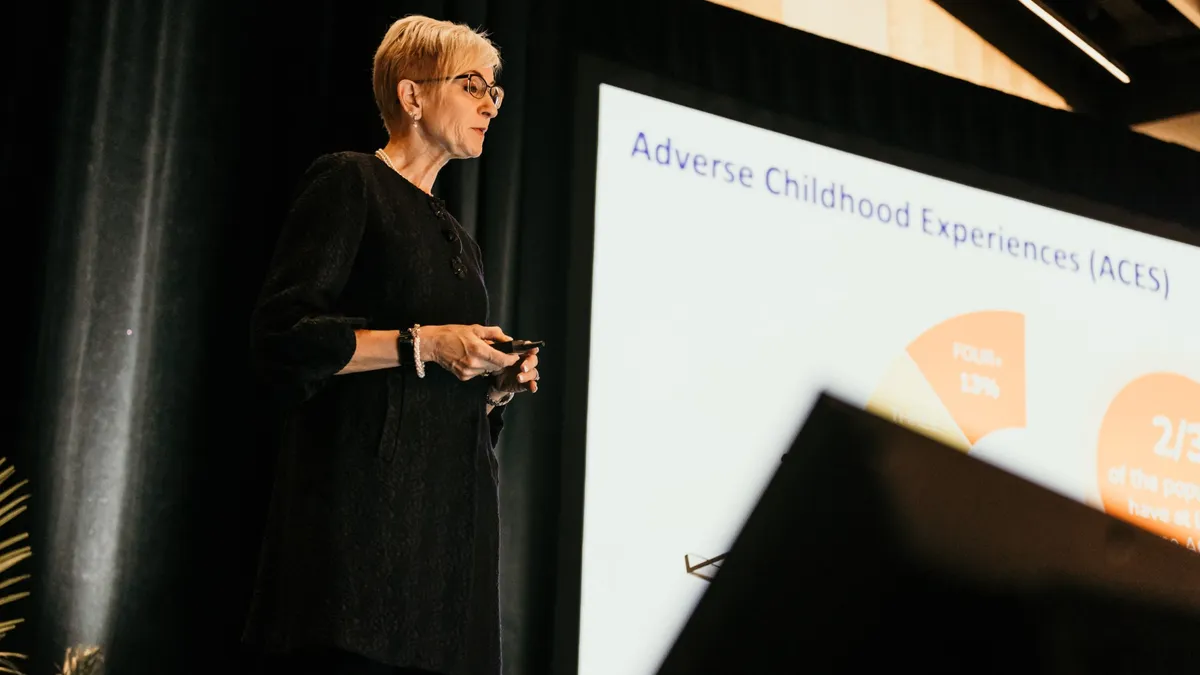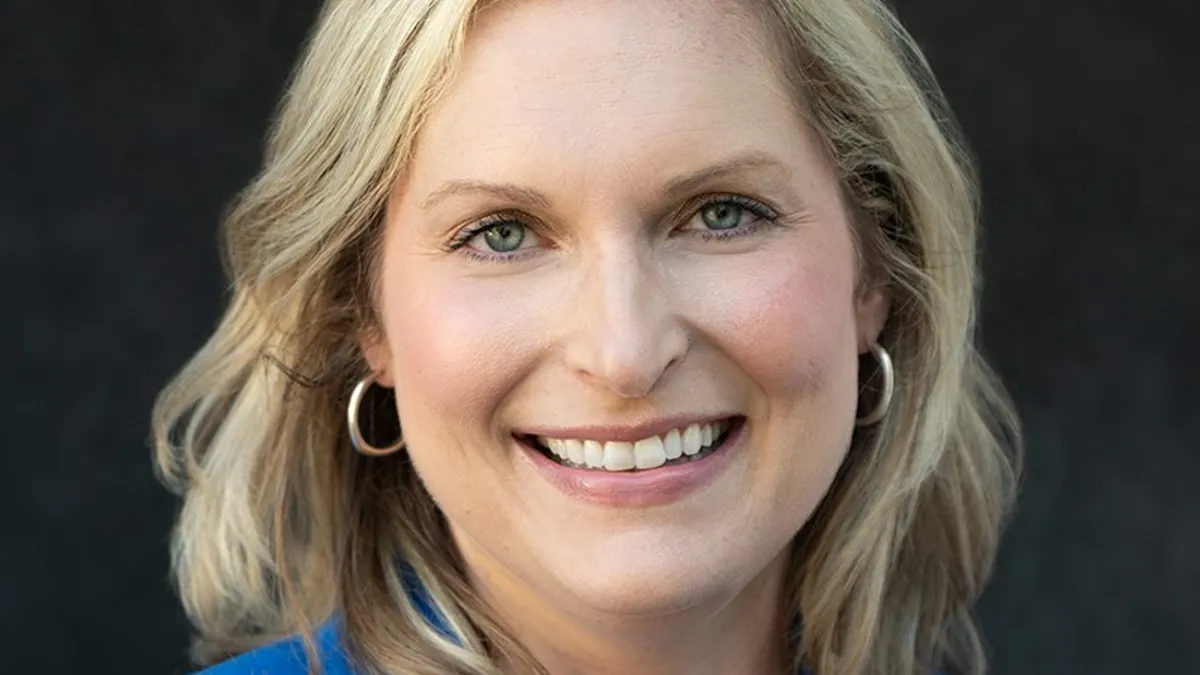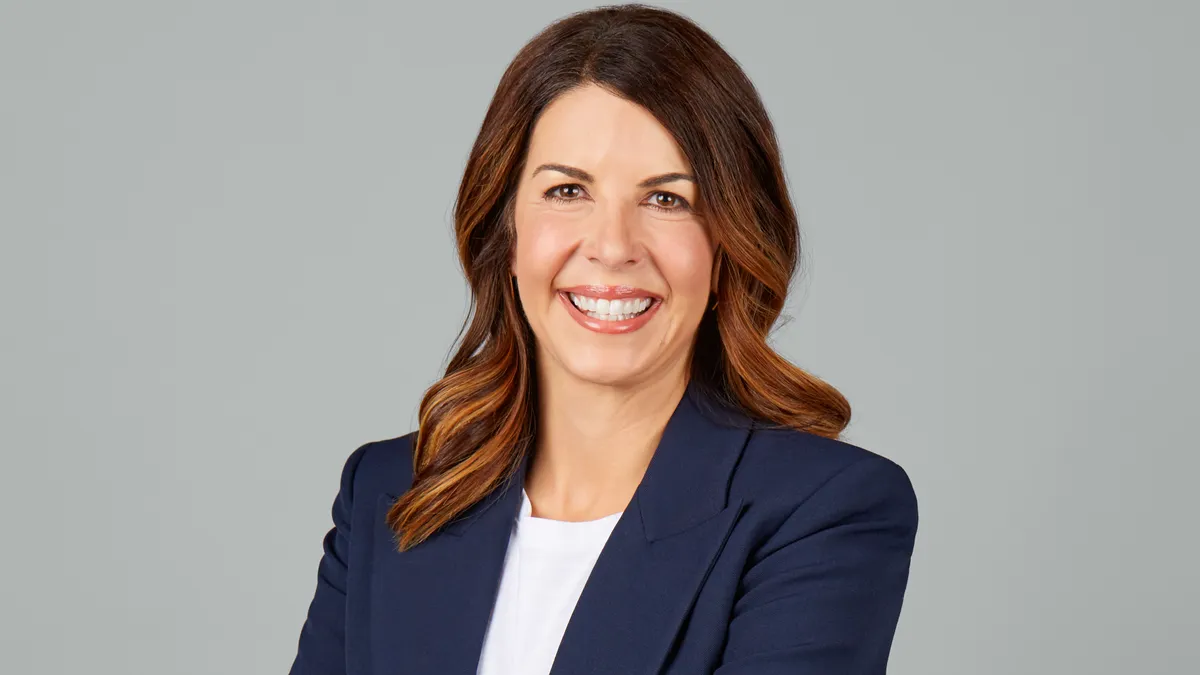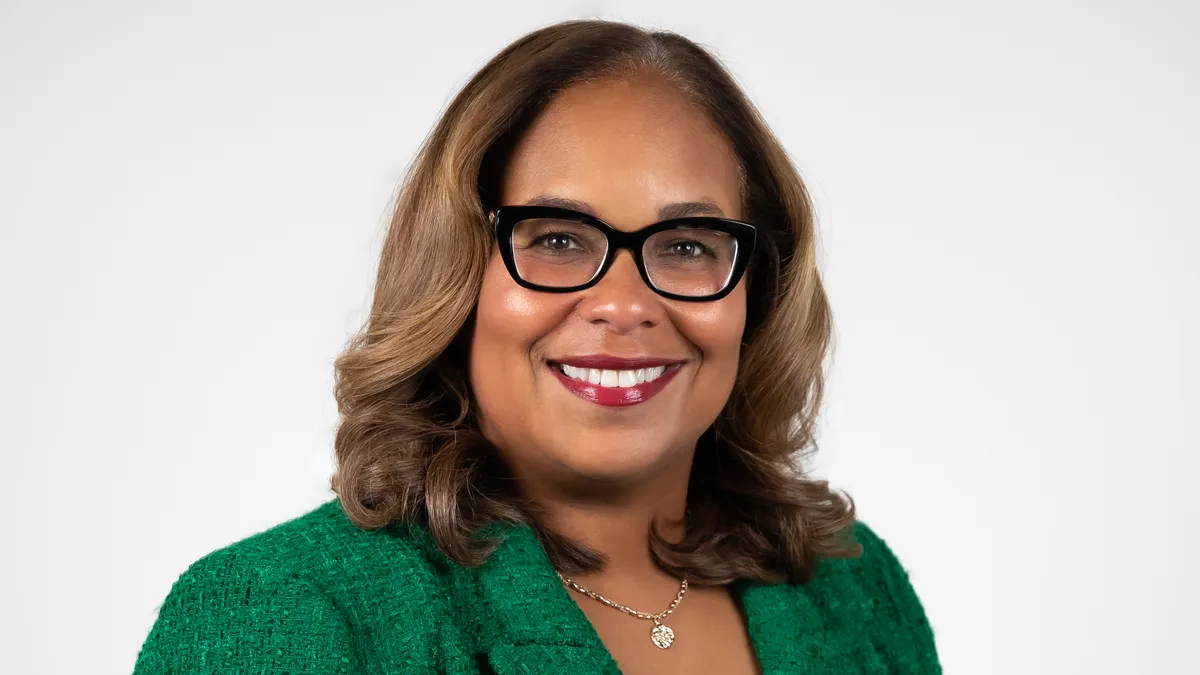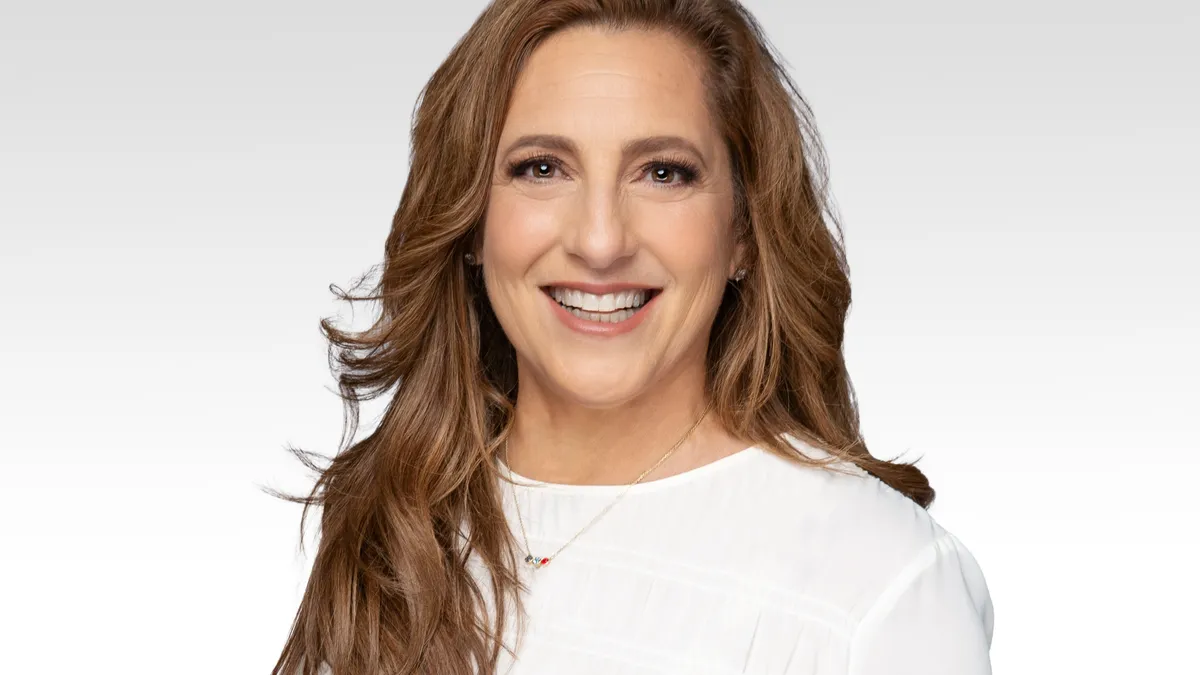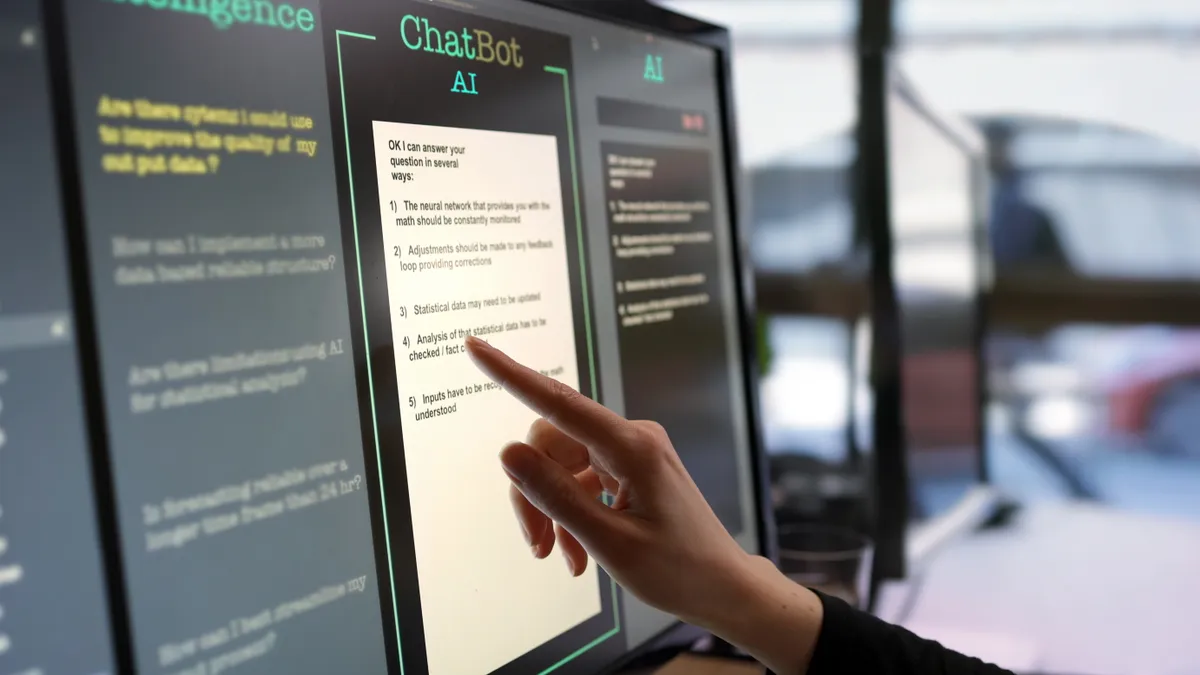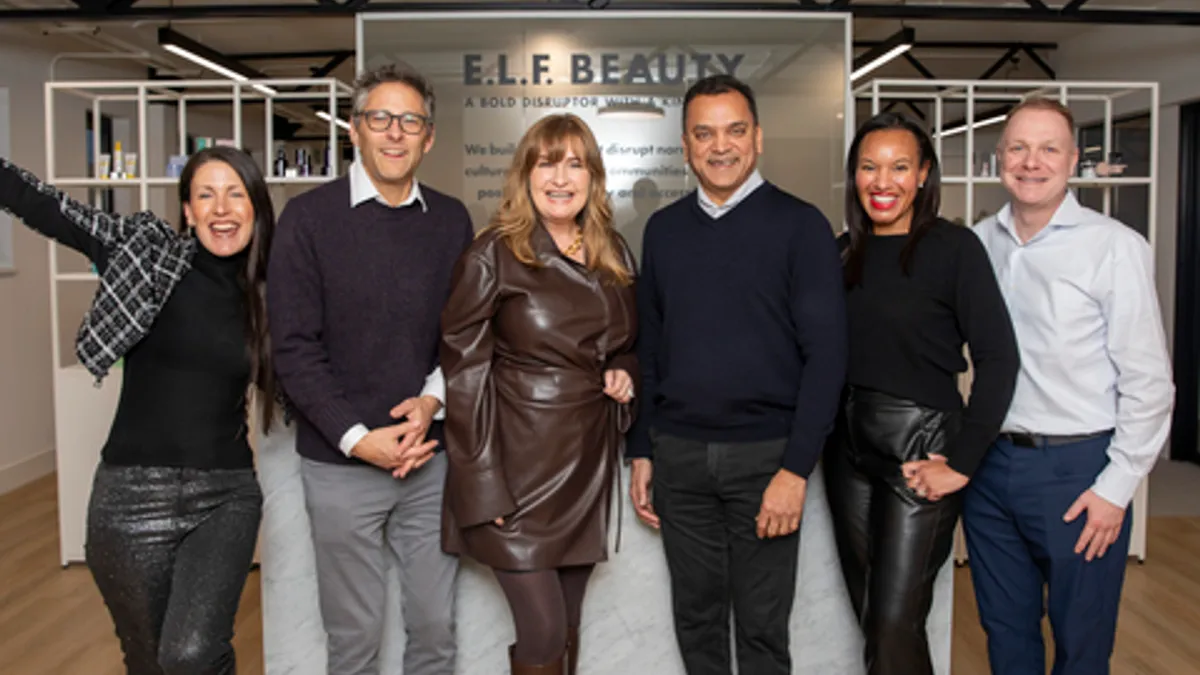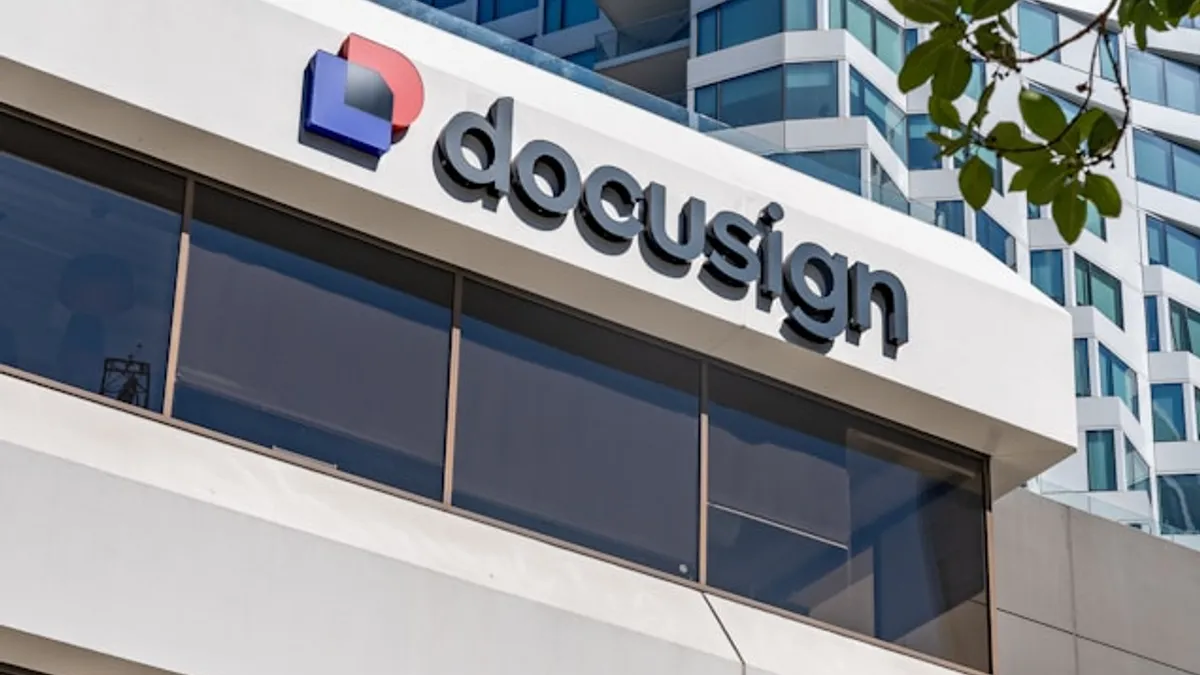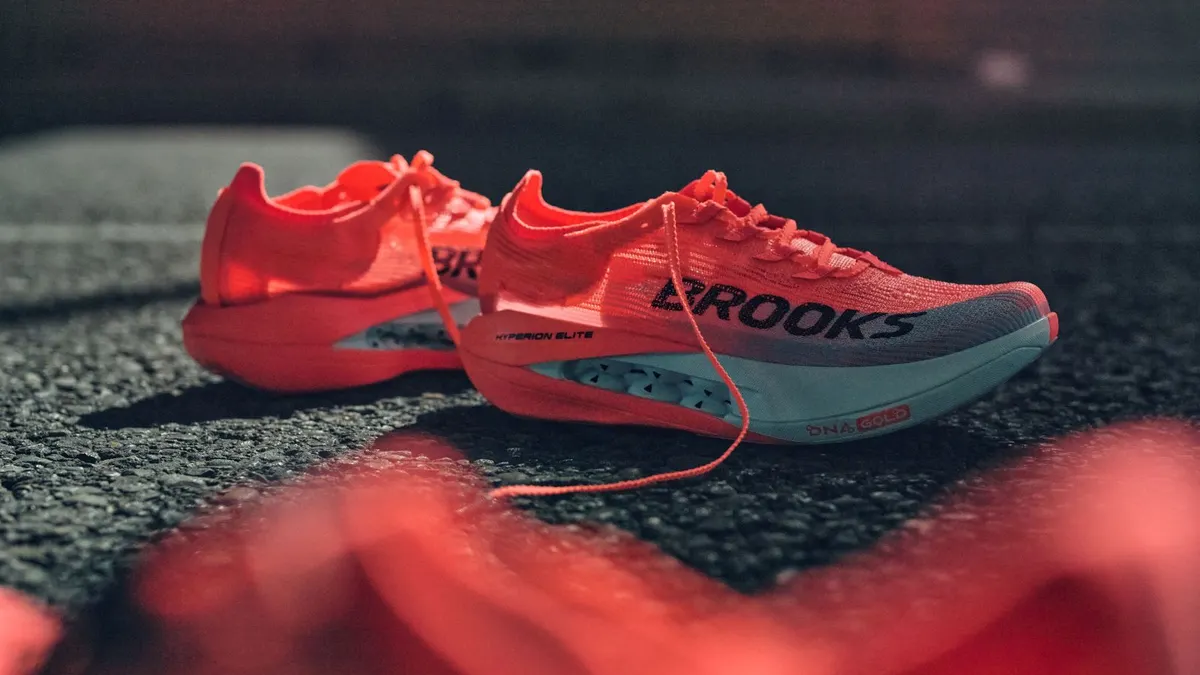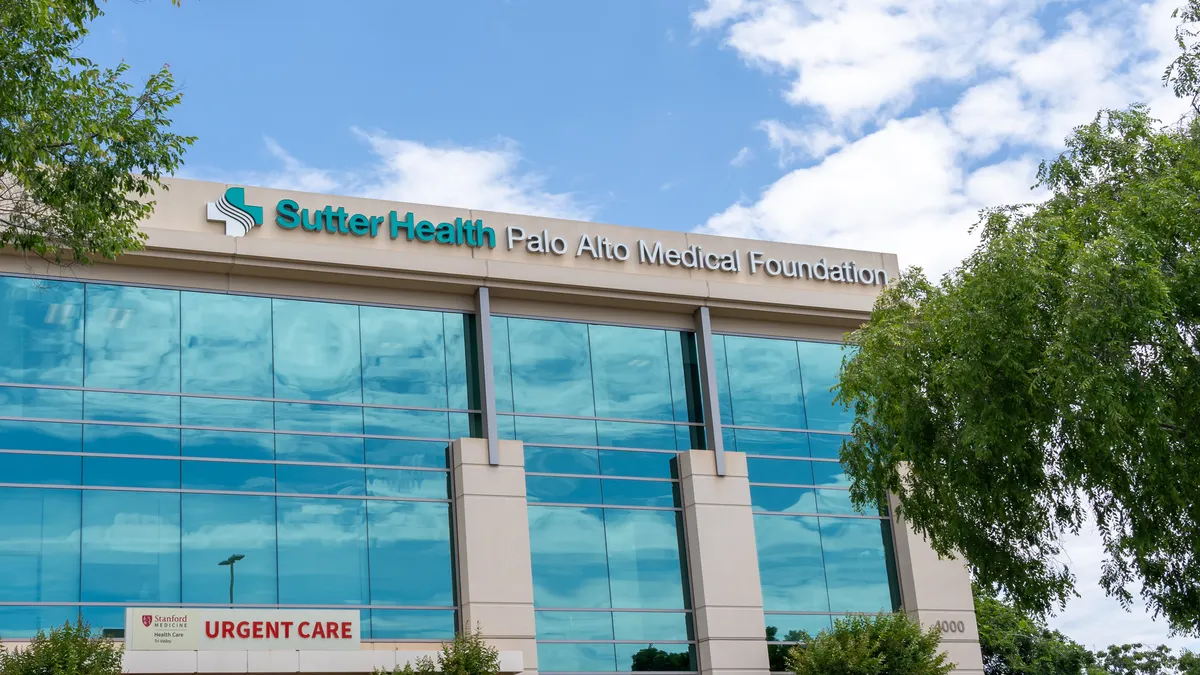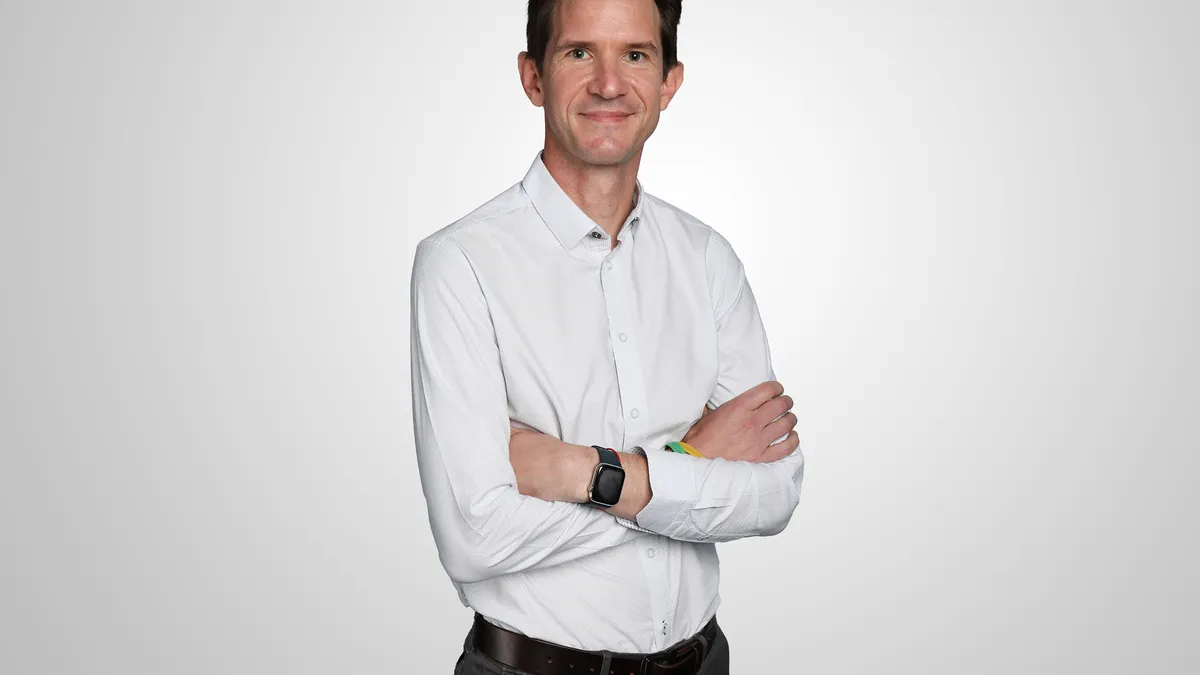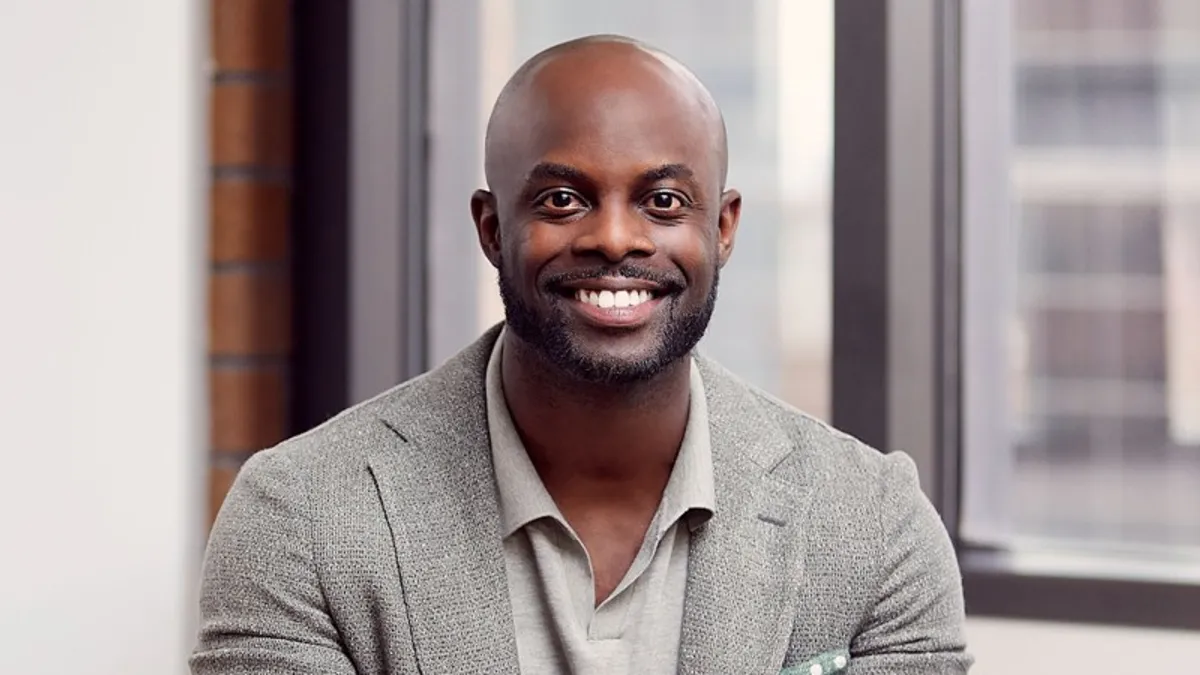Jennifer Dudeck not only leads the people team at Red Hat, an open-source software company now owned by IBM, she also hopes to lead change in how people experience and talk about cancer.
Dudeck was diagnosed with stage four breast cancer last year and has since been on a mission to help others on their own cancer journeys.
“It is now a big part of my personal life, and I’m really starting to branch out into more advocacy and awareness,” said Dudeck, Red Hat’s senior vice president and chief people officer.
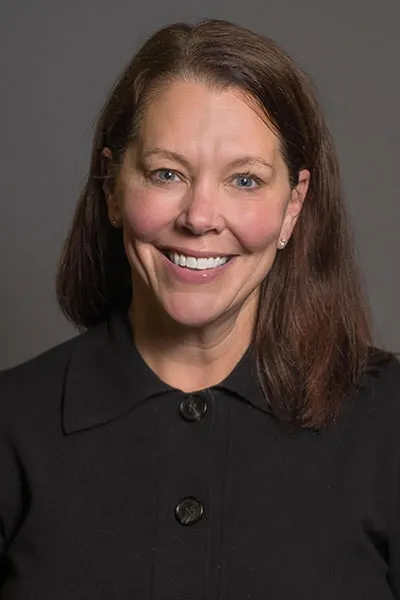
Prior to joining Red Hat three years ago, Dudeck spent two decades at Cisco, where she most recently served as vice president of the transformation office, a role in which she was responsible for employee engagement, growth and business impact. She also previously worked in human resources roles in Honeywell Corp.’s aerospace and performance materials business units.
Editor’s note: This interview has been edited for clarity and brevity.
HR DIVE: How do you develop managers at Red Hat?
JENNIFER DUDECK: We’re creating a manager club, where we take our top managers, like top sellers, and have a special recognition and a special place on a special trip to really say, “This is important to us. It’s important enough that we will put it on the same level as we do our top salespeople.”
We now have a manager day. Our first one was last year for our 3,000 managers around the world. What we will focus on this year is change management and making decisions. We will do it through real-world application against things we are asking them to do day in and day out.
You have to have a way to hold people accountable. You have to have data. We’re actually working on an index that includes both qualitative and quantitative data, tracking things like if they are having conversations with their associates. We can look at attrition. And we’re looking at how we can get qualitative data. We don’t want it to become a popularity contest. But is there a way we can understand how it feels to work for this person in a way that is as measurable as possible?
How are you using AI in your business?
We’re really leaning in as a company right now on AI in general, asking: “What is this going to look like for us internally and externally? Internally, what is this going to mean, especially when it comes to people’s roles?” If you think of it on a continuum, everyone’s role will be assisted by AI in some way. There’s going to be an evolution probably for a good majority of our folks, and then there will be a small set that AI maybe could replace a good percent of what they do.
The question for us then becomes, in the spirit of trust and care for our associates, how do we get ahead of that in a way that we can help people migrate? How can we give people as much opportunity as possible to prepare themselves for what might be next? And that can be within Red Hat or that can be outside of Red Hat. We won’t leave anyone behind with AI. We will give everyone the opportunity to continue to move their career along in a way that’s going to work for them and work for the company.
What has your life looked like since your cancer diagnosis?
It is now something that I have to have as a part of my life. On any given day, you probably consume 70% to 80% of your time doing your day-to-day stuff for your job, and then you have this 20% to 30% that’s kind of discretionary. Well now, that for me just got consumed by medical stuff, and so I have to be more intentional around where I spend my time.
I believe I have been put in this place at this time to help others through this in a way that maybe minimizes some of the fear. I did a talk a few weeks ago at Red Hat with those that know my situation. My intent was not to make this about me but to hopefully help people not be scared and to talk about it openly. We need to talk about these things and what it means to us.
I’m also trying to be available, even though I’m not a doctor, to help people ask the questions that need to be asked. One of the women I’ve been working with wasn’t at a National Cancer Institute. I said, “Hey, if you’re close to the National Cancer Institute, I would try to get in,” and she did. She’s now in a clinical drug trial with a game-changer drug. I want to help more women start to understand how to navigate this; I feel like that’s part of why I’m on this earth right now.








